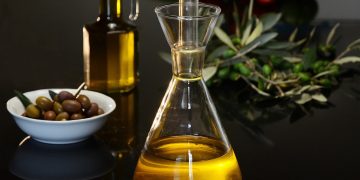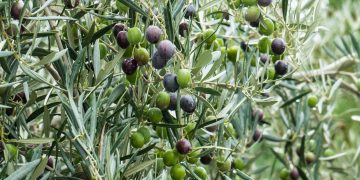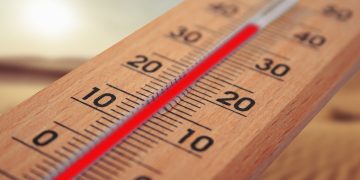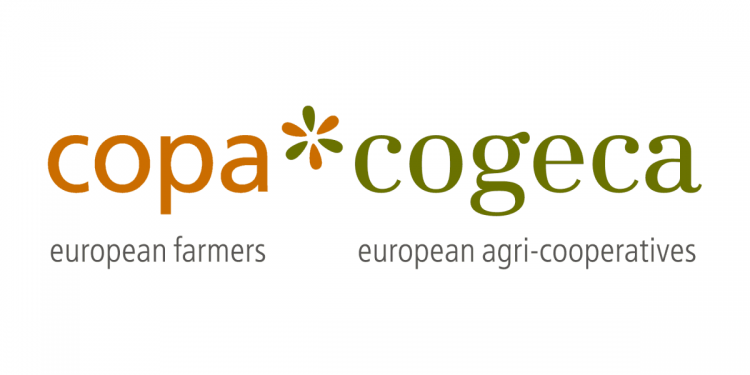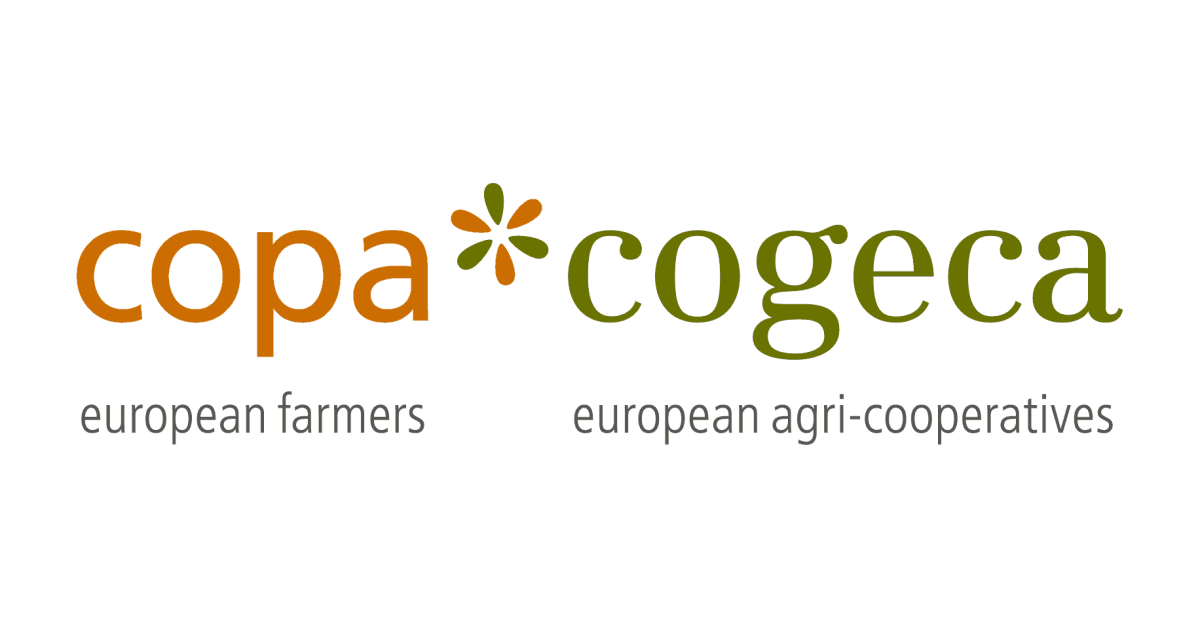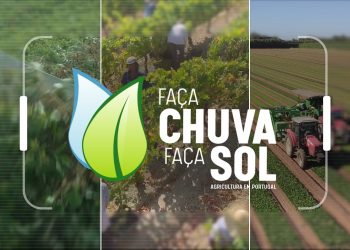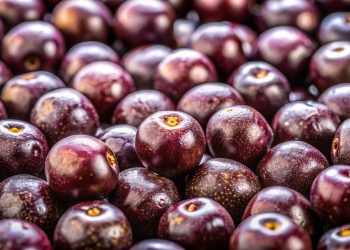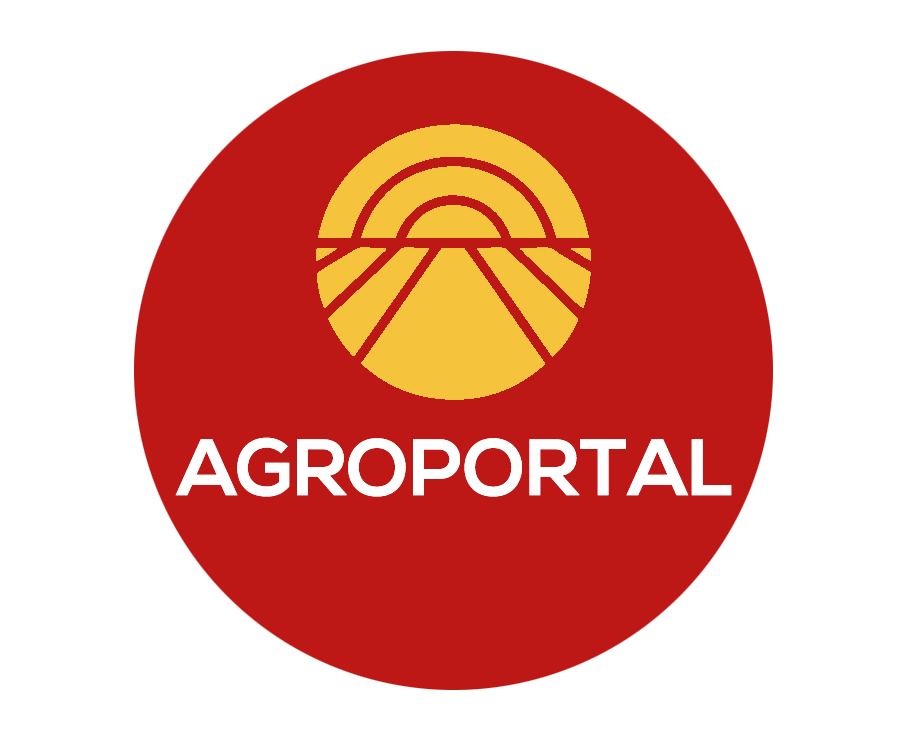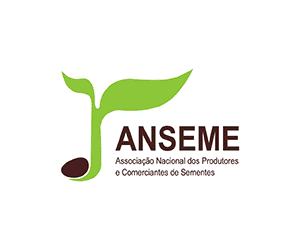Years go by and little seems to change for European honey producers. After a historic low all across the continent in 2021, the 2022 season shows a great contrast between fairly good production in the North of Europe while the South – where the largest production lies – was severely hit by a strong drought. This mixed result is burdened by the explosion of input costs for the sector. After several years at this rate, many European producers are questioning their future. Copa and Cogeca expects concrete and rapid answers in the framework of the revision of the Honey Directive.
The Copa and Cogeca working party Honey gathered last week to discuss the current situation of the sector. Beside a warm and good start to the season all over the continent, the summer div ided Europe into two. In the North, the blooming and nectar production, supported by seldom rains, were good enough for the production and harvest of honey. On the contrary, the South of Europe had to cope with one of the worst droughts in decades (up to 80% less honey than usual in parts of the Iberian peninsula). The harsh climate conditions affected flowers and trees’ quantity of nectar, influencing, in this way, the bees’ ability to produce honey.
Furthermore, the energy crisis and the general inflation have had severe consequences on the viability of European beekeepers. For example, the increase in the price of packaging costs, including glass for jars (15% to 60% increase reported depending on country), fuel (30% to 40%), electricity (50% to 150%) and feed for bees (50% to 70%) represent a serious economic problem. The increase of costs of productions for beekeepers are not properly transferred along the supply chain. Considering that stocks of honey from 2021 to 2022 have been very low and that demand remained stable, the current period highlights the inconsistencies of the current European market.
For Stanislav Jaš, Chair of the Working Party Honey, “European beekeepers are undergoing a very critical period. I have the feeling I am repeating myself year after year, but the sustainability of the European production and its essential service of pollination is at stake! We are losing production potential in many key areas in Europe mainly due to climate change and economic climate threatening the viability of beekeeping operations across the EU. More than ever, we must defend the authenticity of honey as well as the transparency on the honey market. In line with its widely promoted policy initiatives on sustainability under the European Green Deal, such as the Farm to Fork strategy, the European Commission together with European capitals can put in place concrete tools and mechanisms that could help both producers and consumers. We ask for real actions!”.
This is the reason why Copa and Cogeca reiterate their call for a revision of the EU Honey Directive, strengthening labelling on the country-of-origin of honey in blends, accompanied by solid beekeeper-friendly rules on traceability to fight trade in counterfeit honey in bulk. It is essential that the European Commission proposes legislative changes and control mechanisms that support the honey producers’ livelihoods, consumers’ quest for genuine and quality food and Member States ability to fight fraud.
Artigo publicado originalmente em Copa Cogeca.





